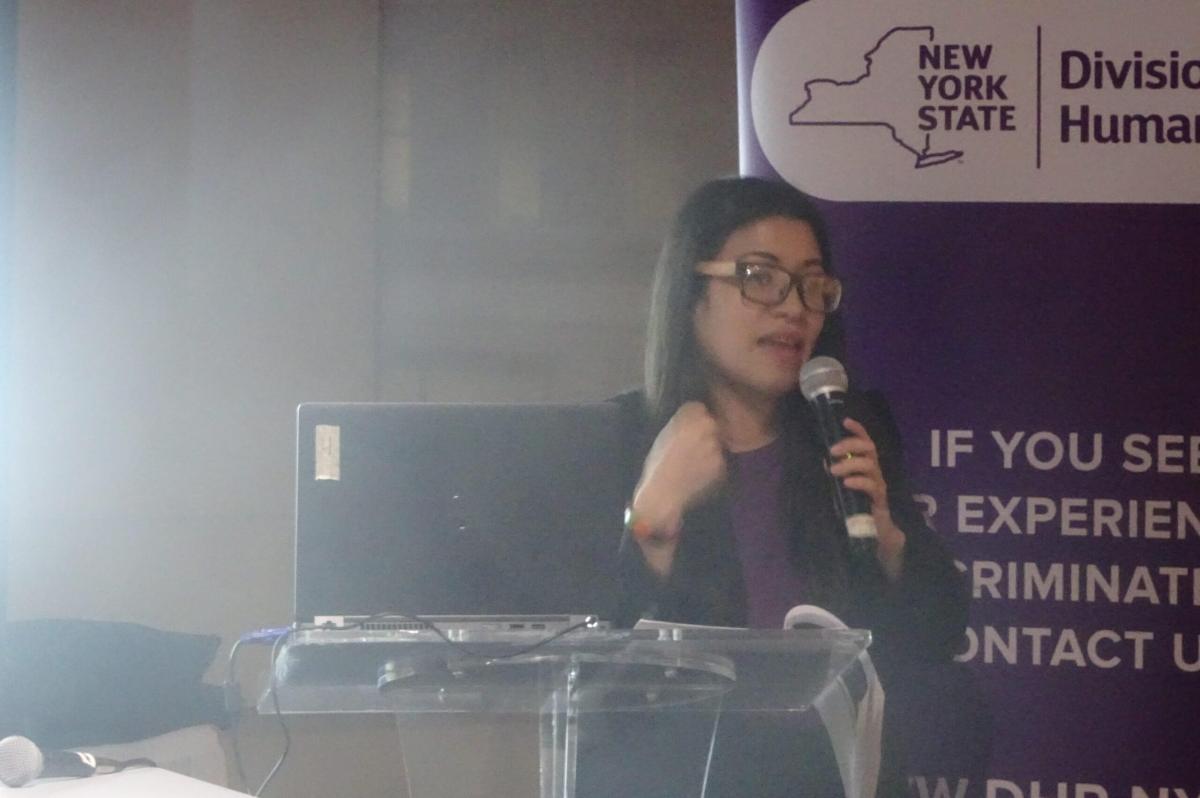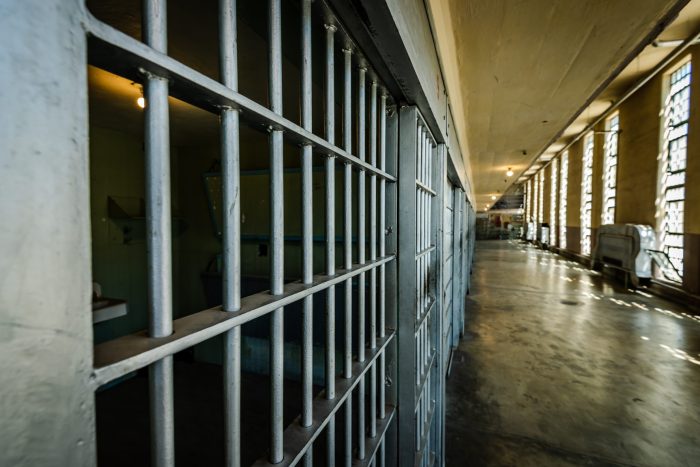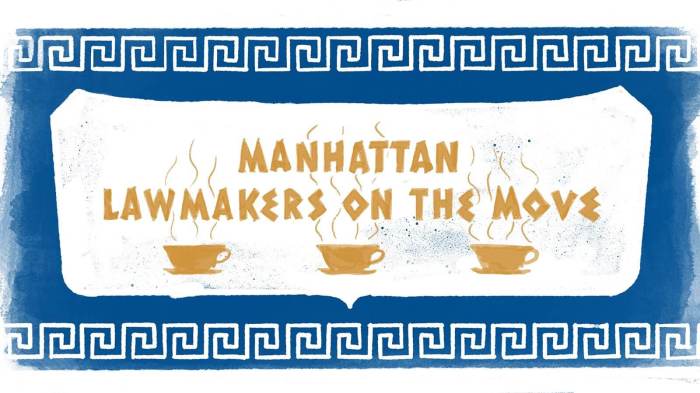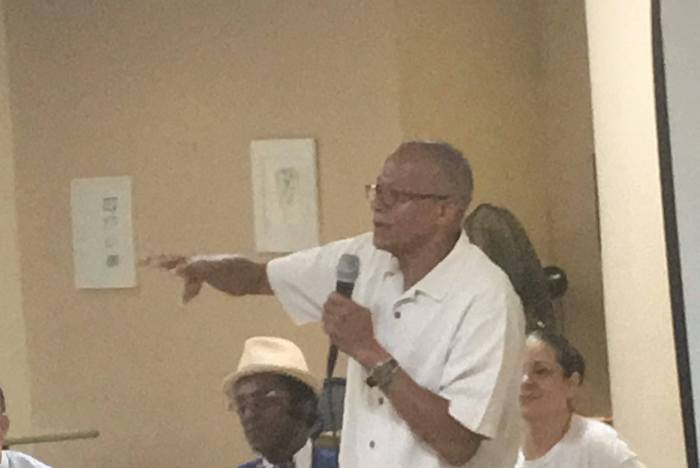New York State Division of Human Rights (DHR) investigator Marleny Rubio had a sobering story to relay last night. Recently, she went to a national conference uniting human rights agencies across the United States. There, she met a HUD secretary who recounted a story about a woman whose superintendent had failed to fix her sink for months. The super asked her, “Well, what are you going to give me?” in a highly suggestive manner. When she rebuffed his advances, he said, “Okay, what about your daughter?”
Said daughter was fourteen years old at the time.
“I’m not a mom, but I’ve known a lot of moms, and I think we can all assume that that mom was not happy with that statement,” said Rubio. “So she ran that superintendent out of that home – her home. And the reason I’m telling this story is because this could happen to any one of us. So if you’re ever in that situation, and you find yourself asking, ‘Is this really sexual harassment?’, come to us. Let’s talk about it and develop it.”
Rubio and her colleagues in the DHR hosted a “Know Your Rights” housing discussion forum last night. The event took place at the Alianza Dominicana Community Center, 530 West 166th St. During the latter half, the event saw an appearance from Assembly Member Carmen De La Rosa (D-Upper Manhattan).
The hosts began with an overview of the NYS Human Rights Law. In brief, the law enables the DHR to investigate and prosecute instances of discrimination in housing, employment and education, among other areas. At 75 years old, it is the oldest anti-discrimination law in New York.
As an example, DHR Commissioner Angela Fernandez cited a case that they successfully prosecuted earlier this year.
“We had a woman who was pregnant and who was denied renting an apartment in a high-rise in New York City,” said Fernandez. “The agent said, ‘I can’t rent to you because of that’, and he pointed to her belly. He said that he couldn’t rent to more than five family members, and that baby was going to be the sixth. We investigated, we sued, and she was awarded $40,000.”
They then expounded upon the changes that the law has undergone in the past year. For instance, the law now recognizes pregnant women as a protected class (paving the way for the aforementioned case). As of April of this year, the law also bars discrimination on the basis of “lawful source of income”. In other words, housing providers cannot discriminate against renters whose income comes from vouchers or rental subsidies.
“Basically, no longer can a landlord say that they do not accept Section 8,” said Marleny Rubio. “That used to be very common. If you have ever come across that issue, please call us.”
After summarizing the new provisions, the hosts took the audience through a step-by-step walkthrough detailing how to file a complaint. Complaint forms must be filed within a year of the incidence of discrimination. Once they receive your complaint, the DHR will promptly investigate the matter to determine whether the complainant was discriminated against based on their membership in a protected class.
Based on the investigation, the DHR will choose to either present your case in a public hearing or dismiss it. Rubio stressed that even if the DHR dismisses your case, you can still appeal to the State Supreme Court within 60 days.
“We don’t feel any which way about appeals,” said Rubio. “Please appeal. If you go through the process and you end up changing the law, thank you. We probably needed that change.”
Fernandez and Rubio ended the evening with a Q&A session. The two DHR reps answered a variety of personal inquiries, ranging from whether rent-stabilized tenants are a protected class to how to ensure that housingconnect.org complies with the NYS Human Rights Law.
Carmen De La Rosa said that while it’s important for all New Yorkers to know their housing rights, it’s particularly important for the people in her assembly district.
“We have a large portion of New York’s disabled population,” said De La Rosa. “They need housing that is adequate, that provides accommodations. As you know, we’ve also added source of income to the Human Rights Law. That’s super important for working class communities across the state. If we really want to make a dent in the housing crisis, it means we have to stop the displacement that is happening through discriminatory practices and tenant harassment – but we also have to make sure that landlords are not discriminating based on being poor.
“We’re seeing that as gentrification takes hold in Upper Manhattan, some people are being pushed out. But we’re proud of our diversity, and we want to continue the vibrancy of our community. The only way to do that is to ensure that we know our rights through the law, so we can fight back.”
































